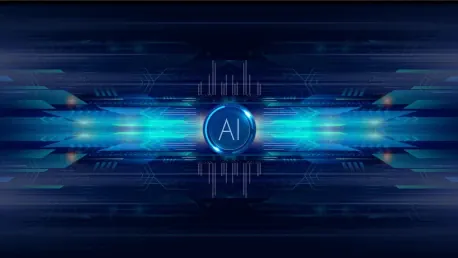
Visa's journey into the realm of artificial intelligence (AI) began in 1993, as the company sought innovative ways to combat credit card fraud. Since these early days of experimenting with neural networks and rule-based systems, Visa has continually evolved its AI capabilities, embracing
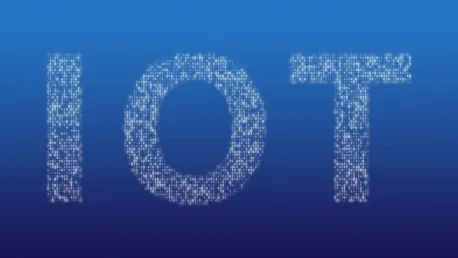
Integrating artificial intelligence (AI) with Internet of Things (IoT) devices represents a significant technological advancement that promises to transform a wide array of applications, from smart home systems to wearable health monitors. Despite the groundbreaking potential, embedding AI
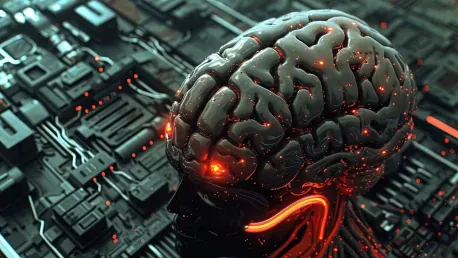
The enigmatic nature of neural networks, central to modern artificial intelligence (AI) systems, is a significant challenge for researchers. Despite our substantial understanding of the mathematics that underpin these models, their intricate decision-making processes remain largely opaque. This
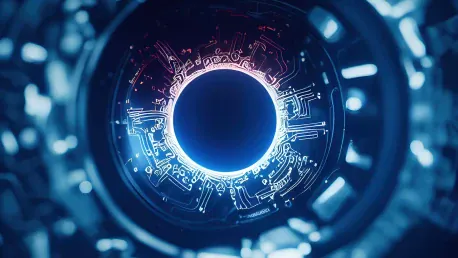
In recent years, the fields of physics and artificial intelligence (AI) have witnessed remarkable advancements, thanks to the pioneering work of individuals who have bridged these disciplines. Among these visionaries, John J. Hopfield and Geoffrey E. Hinton stand out for their groundbreaking
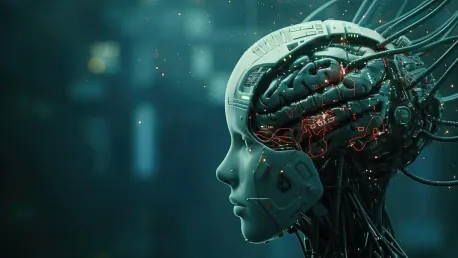
On October 8, 2024, the Nobel Prize in Physics was awarded to Princeton University physicist John Hopfield and University of Toronto computer scientist Geoffrey Hinton for their groundbreaking work in the realm of artificial neural networks. Their foundational contributions have been pivotal in the

Palantir, a prominent software company, has been making waves in the burgeoning field of artificial intelligence (AI). Known for its AI-based generative neural network technology, Palantir is increasingly catching the eye of investors and analysts. As these technological strides coincide with